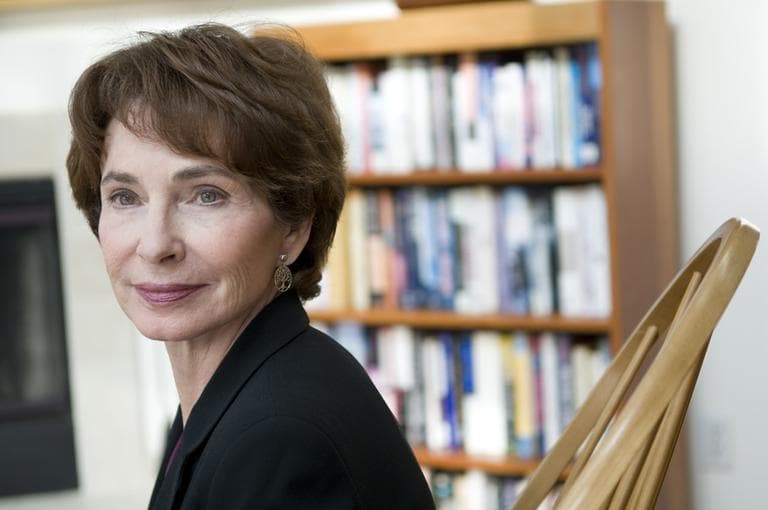Advertisement
Dr. Marcia Angell: Off-Label Prescribing Of Psych Drugs Should Be Banned

I appreciate the incisive analysis in the latest installment, fresh off the presses here, of Dr. Marcia Angell's New York Review of Books piece on the current state of psychiatry. (We wrote about the first installment here.)
But what I particularly appreciate about it is that it doesn't stop at analysis. Yes, it lays out in sad historical detail how the financial influence of drug companies penetrated psychiatry as the field increasingly shifted from Freudian talk therapy to psychopharmacology. (As the late Harvard psychiatrist Leon Eisenberg put it with characteristic wit, the field shifted from "brainlessness" to "mindlessness.") And yes, it documents the dangers of over-diagnosis. But then Marcia, former editor of the New England Journal of Medicine, goes on to make actual, succinct policy recommendations. Including this one about prescribing psychiatric drugs "off-label," beyond the diagnoses the FDA has approved them for:
The original purpose of permitting doctors to prescribe drugs off-label was to enable them to treat patients on the basis of early scientific reports, without having to wait for FDA approval. But that sensible rationale has become a marketing tool. Because of the subjective nature of psychiatric diagnosis, the ease with which diagnostic boundaries can be expanded, the seriousness of the side effects of psychoactive drugs, and the pervasive influence of their manufacturers, I believe doctors should be prohibited from prescribing psychoactive drugs off-label, just as companies are prohibited from marketing them off-label.
And this one:
At the very least, we need to stop thinking of psychoactive drugs as the best, and often the only, treatment for mental illness or emotional distress. Both psychotherapy and exercise have been shown to be as effective as drugs for depression, and their effects are longer-lasting, but unfortunately, there is no industry to push these alternatives and Americans have come to believe that pills must be more potent. More research is needed to study alternatives to psychoactive drugs, and the results should be included in medical education.
In particular, we need to rethink the care of troubled children. Here the problem is often troubled families in troubled circumstances. Treatment directed at these environmental conditions—such as one-on-one tutoring to help parents cope or after-school centers for the children—should be studied and compared with drug treatment.
Above all, she concludes, "We should remember the time-honored medical dictum: first, do no harm."
Readers, thoughts?
This program aired on June 27, 2011. The audio for this program is not available.
